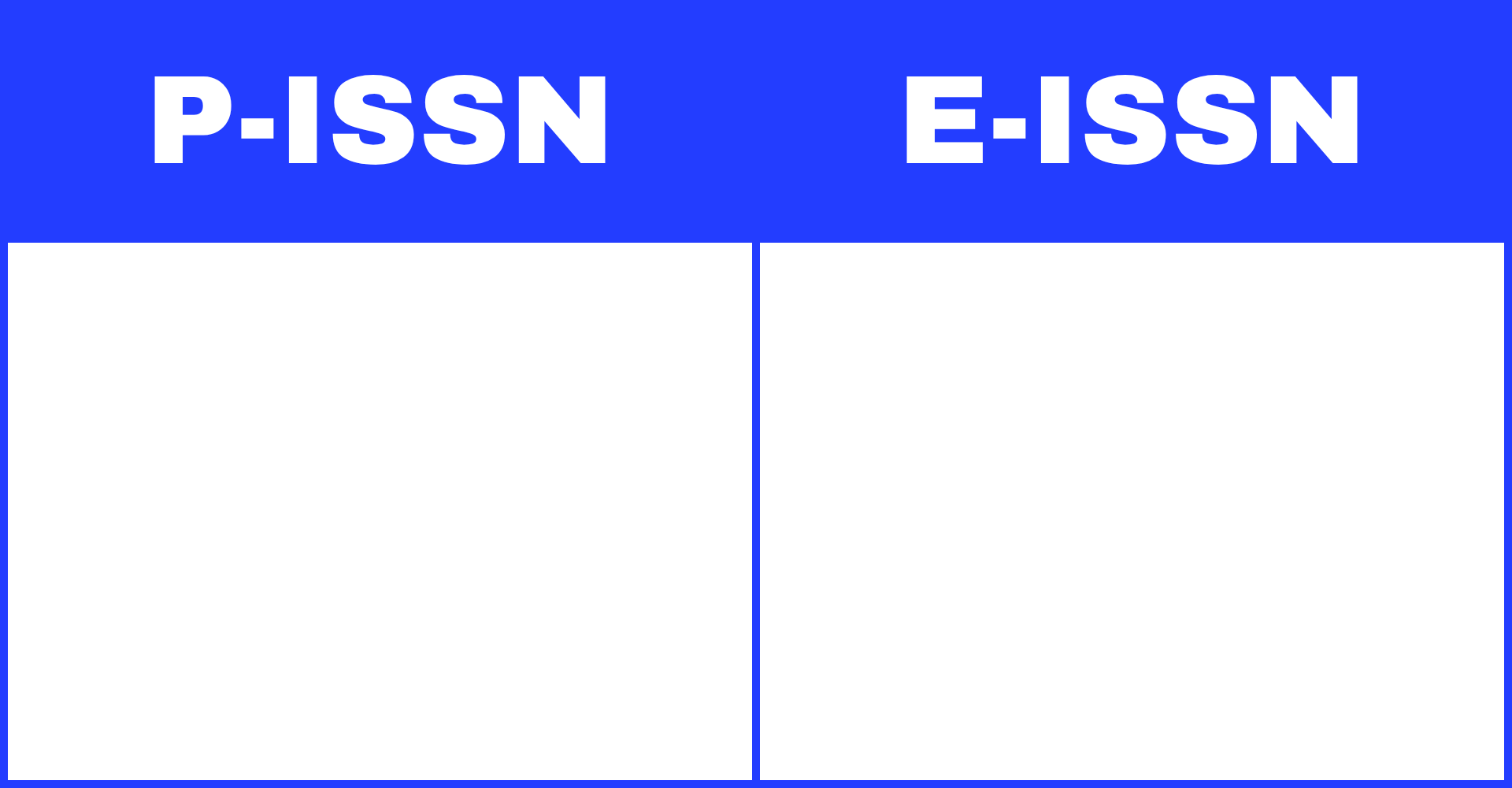Publication Ethics
Publication Ethics
The peer-reviewed national publication MathiEu: publication of Mathematics Education and Learning is published twice a year in print and online. The authors, editors-in-chief, editorial board, peer-reviewers, and publishers of the Mathematics Education Study Program at the Faculty of Tarbiyah and Keguruan, Ar-Raniry State Islamic University Banda Aceh, Aceh, Indonesia, are all included in this statement, which explains their ethical behavior.
Journal Publication Ethics Guidelines
A crucial first step in creating a credible and cohesive knowledge network is the publication of articles under review in MathiEu: Journal of Mathematics Education and Learning. It is an accurate representation of the caliber of the writers' and the organizations' supporting efforts. The scientific process is supported and embodied in peer-reviewed literature. Therefore, it's critical to reach consensus on the moral standards that should be upheld by all parties engaged in the publication process, including authors, journal editors, peer reviewers, publishers, and the general public.
As the publisher of MathiEu: Journal of Mathematics Education and Learning, the Mathematics Education study program at the Faculty of Tarbiyah and Keguruan, Ar-Raniry State Islamic University Banda Aceh, Aceh, Indonesia, takes seriously its responsibility to oversee the publication process at every level and is aware of its other obligations. We are dedicated to making sure that editorial choices are neither impacted or influenced by advertising, reprints, or other commercial money.
Publication Decision
The editor of MathiEu: Journal of Mathematics Education and Learning are responsible for deciding which articles submitted to the journal should be published. The validation of the work in question and its importance to researchers and readers should always drive the decision. The editors may be guided by the journal's editorial board policies and constrained by applicable legal requirements regarding defamation, copyright infringement, and plagiarism. Editors may confer with other editors or reviewers in making this decision.
Fair Play
The editors evaluate manuscripts based on their intellectual content at all times without regard to the author's race, gender, sexual orientation, religious beliefs, ethnic origin, nationality, or political philosophy.
Confidentiality
Editors and any editorial staff must not disclose any information about a submitted manuscript to anyone other than the corresponding author, reviewers, potential reviewers, other editorial advisors and the publisher, as appropriate.
Disclosure and Conflicts of Interest
Unpublished material disclosed in the submitted manuscript may not be used in the editor's own research without written permission from the author.
DUTIES OF REVIEWER
Contribution to Editorial Decisions
Peer review helps editors in making editorial decisions and through editorial communication with authors can also help authors in correcting problems.
Punctuality
Any elected referee who feels unqualified to review the research reported in a manuscript or knows that immediate review is not possible should notify the editor and request permission from the review process.
Confidentiality
Any manuscript accepted for review should be treated as a confidential document. It should not be shown or discussed with anyone else except with the permission of the editor.
Objectivity Standard
The review should be conducted objectively. Personal criticism of the author is inappropriate. Referees should express their views clearly with supporting arguments.
Source Recognition
Reviewers should identify relevant published works that have not been cited by the authors. Any statement that an observation, derivation or argument has been previously reported should be accompanied by the relevant citation. A reviewer should also bring to the editor's attention any substantial similarity or overlap between the manuscript under consideration and other published papers of which they are personally aware.
Disclosure and Conflict of Interest
Privileged information or ideas obtained through peer review should be kept confidential and not used for personal gain. Reviewers should not consider manuscripts that have a conflict of interest caused by a competitive, collaborative, or other relationship or connection with any author, company, or institution associated with the paper.
DUTIES OF AUTHOR
Reporting Standard
Authors of original research reports must present an accurate account of the work performed as well as an objective discussion of its significance. The underlying data must be accurately presented in the paper. A paper should contain sufficient detail and references to enable others to replicate the work. False or deliberately inaccurate statements constitute unethical and unacceptable behavior.
Originality and Plagiarism
Authors should ensure that they have written entirely original work, and that if they have used the work and/or words of others that the work has been appropriately cited or quoted.
Multiple, redundant, or concurrent publications
An author should generally not publish a manuscript describing essentially the same research in more than one journal or major publication. Submitting the same manuscript to more than one journal simultaneously is unethical and unacceptable publishing behavior.
Source Acknowledgment
Proper acknowledgment of the work of others should always be given. Authors should cite publications that were influential in determining the nature of the reported work.
Authorship of the Paper
Authorship should be limited to those who have made significant contributions to the conception, design, conduct or interpretation of the reported research. All those who have made significant contributions should be listed as co-authors. If there are others who have participated in certain substantive aspects of the research project, they should be acknowledged or listed as contributors. Corresponding authors should ensure that all appropriate and no inappropriate co-authors are included in the paper and that all co-authors have seen and approved the final version of the paper and approved its submission for publication.
Disclosure and Conflicts of Interest
All authors must disclose in their manuscript any financial or other substantive conflicts of interest that might be construed as affecting the outcome or interpretation of their manuscript. All sources of financial support for the project must be disclosed.
Fundamental errors in published works
When an author discovers significant errors or inaccuracies in his or her published work, the author is obligated to immediately notify the journal editor or publisher and work with the editor to retract or correct the paper.





